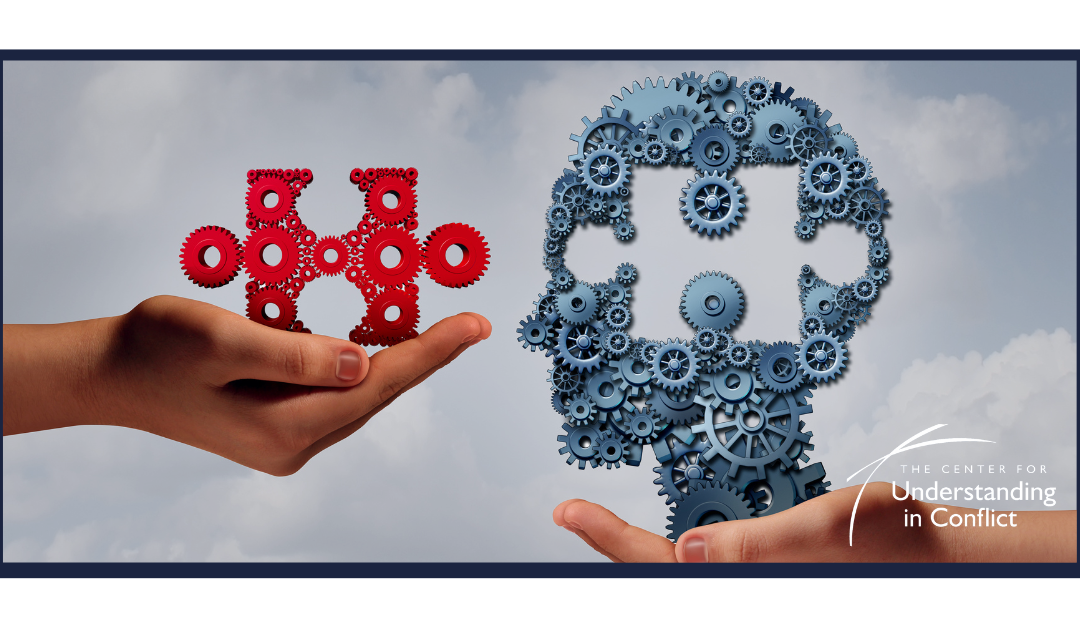Conflict resolution professionals are pivotal in fostering harmony and understanding in diverse interpersonal settings. While initial training equips them with fundamental skills, the journey of a mediator is ongoing and demands continuous learning. Mediators undergo comprehensive training programs that provide them with essential skills such as active listening, communication, and negotiation. These foundational skills are crucial for facilitating dialogue and finding common ground in conflict scenarios. However, the dynamics of conflicts are ever-changing, and a mediator’s ability to adapt and refine their skills is essential for sustained effectiveness.
As mediators navigate the intricate landscape of disputes, a nuanced understanding of local legal considerations becomes paramount. While basic training introduces the principles of mediation, ongoing education focused on legal nuances equips mediators with the tools to navigate the legal complexities that often accompany disputes. Training in local legal requirements allows mediators to ensure that their interventions align with the legal framework of the region. This understanding is particularly crucial when dealing with contractual disputes, property conflicts, or workplace disagreements, where legal considerations heavily influence the resolution process.
Beyond the general principles of conflict resolution, specialized subjects are vital in effectively addressing specific conflicts. Marital and family conflict resolution is a prime example where mediators benefit significantly from a deeper understanding of the intricacies involved. Specialized training in marital and family conflict resolution delves into divorce mediation, child custody disputes, and complex family dynamics. Mediators can provide more tailored and empathetic interventions by acquiring expertise in these areas, which enhances their ability to facilitate agreements and ensures that the unique emotional and legal aspects of family conflicts are appropriately addressed.
Ethical considerations are also at the core of effective conflict resolution. Mediators must adhere to high ethical standards to maintain the parties’ trust and uphold the integrity of the mediation process. Training and refreshment in ethical guidelines are essential for conflict resolution professionals to navigate the complex ethical challenges that may arise during their work. Understanding the ethical dimensions of conflicts, especially in sensitive areas like family matters, is crucial for maintaining the credibility of the mediation process. Continuous education in ethical standards ensures that mediators are well-equipped to handle dilemmas, maintain neutrality, and uphold the principles of fairness and justice in their practice.
The journey of conflict resolution professionals and mediators is marked by continuous learning and skill enhancement. While foundational training equips them with essential skills, understanding local legal requirements and delving into specialized subjects cannot be overstated. Continued education in these areas ensures that mediators remain adaptable, ethical, and well-prepared to handle the diverse challenges posed by conflicts. As mediators deepen their expertise, they contribute to more effective conflict resolution and play a crucial role in fostering a culture of understanding, empathy, and cooperation in the communities they serve.
Are you a practitioner looking for matrimonial mediation and legal consideration training in New York? Check our upcoming in-person 24-hour and online 16-hour training programs.
